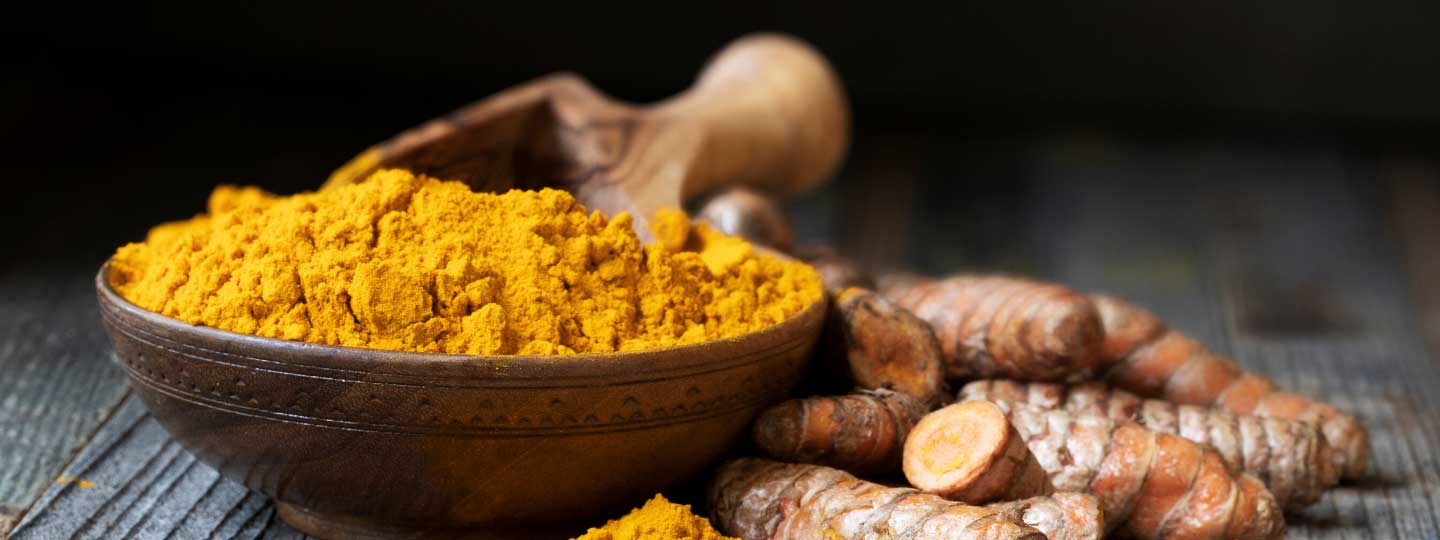All about turmeric
01 April 2022
Turmeric is a member of the ginger family and is grown in South Asia for use in cooking and medicine.
Curcumin is the active ingredient of turmeric and has many health benefits, including anti-inflammatory and antioxidant effects. Learn more about its uses and side-effects when treating osteoarthritis.
Curcumin is not well absorbed by the body, so its health benefits are limited. There are other substances that can help how it’s absorbed, and black pepper is one of these.
So, combining pepper and turmeric in a dish can potentially increase its health benefits. Cooking or heating does not affect how curcumin works. Its solubility increases in water, which means more of it is likely to be absorbed by your body.
Turmeric and pain
So, how effective is turmeric – or, more correctly, curcumin – in treating pain?
Let’s delve into the research. One study randomly put participants into two groups: one to receive 2g of turmeric and one to receive 0.8g of ibuprofen daily for six weeks.
They found that both groups’ pain levels improved when walking and climbing stairs, and there was greater improvement in the turmeric group.
However, these results need to be treated with caution as there were several limitations:
- Different amounts of each substance were taken – the turmeric was taken four times a day, whereas ibuprofen was only taken twice a day
- The sample size was small and uneven: 52 in the turmeric group and 55 in the ibuprofen group
- The amount of ibuprofen used was too small to produce a desired effect
- It was a single-blinded study.
In 2014, the same research group ran a double-blind, randomised control trial, using 1.5g of curcumin extract and 1.2g of ibuprofen a day. Both studies concluded that the curcumin extracts worked just as well as ibuprofen in improving pain and movement.
Turmeric study results
A 2017 review of 13 studies that combined the results of 1,101 participants suggested, however, that the effectiveness of turmeric is still uncertain.
There are many reasons for this, including small sample sizes, badly designed studies and differences in pain scores.
Many research articles and other sources of information suggest that turmeric has anti-inflammatory, anticancer and antioxidant properties.
The effects are statistically significant, but all the studies have their flaws. Better research is needed to establish the health benefits of turmeric and how good it is at relieving pain.
Find the support you need
We’re here whenever you need us. If you want help, support or information, get in touch.
- Call our helpline on 0800 5200 520
- Talk to our arthritis virtual assistant, 24/7
- Join our online community
- Follow us on Twitter, Facebook and Instagram.